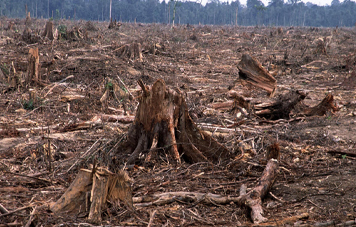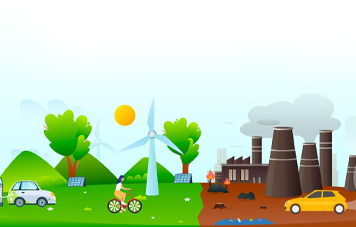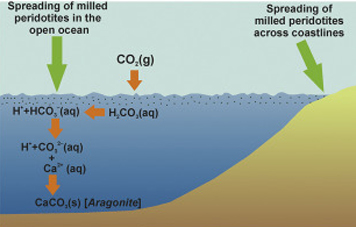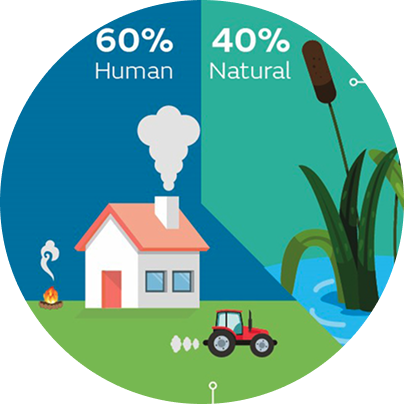
Produces more energy per unit mass than raw biomass, making it a more efficient fuel. Requires fewer trips for transport due to its compact nature and high energy content. Can be co-fired with coal, reducing the need for building new energy facilities. Contains lower moisture content than raw biomass, reducing the energy required for drying before combustion. Energy Efficiency and Transportation Advantages
Higher Energy Density
Lower Transportation Emissions
Compatible with Existing Coal Infrastructure
Less Energy Used for Drying

lower CO₂ emissions compared to fossil fuels, helping mitigate climate change.

Utilizes agricultural and forestry residues, reducing landfill waste and promoting sustainable biomass management.

We Provides an alternative to traditional wood fuel, reducing the pressure on forests and helping with conservation efforts.

Emits fewer pollutants such as sulfur and nitrogen oxides, leading to improved air quality.

Can be converted into biochar, which helps lock carbon in the soil and improves soil health.

Can replace coal in power plants, contributing to a cleaner and more sustainable energy mix.
Helps divert organic waste from landfills, reducing methane emissions from decomposition.
Produces minimal sulfur dioxide (SO₂), reducing acid rain and respiratory health issues.
Emits less black carbon (soot), a major contributor to global warming and poor air quality.
Produces fewer fine particulates compared to raw biomass, improving respiratory health.
Reduces reliance on coal, oil, and natural gas, lowering overall carbon emissions.


Uses agricultural waste and non-edible plant material, avoiding competition with food production.
Provides an alternative to open-field burning, preventing air pollution and improving soil health.
Reduces the need for cutting down trees for firewood and charcoal production.
Promotes responsible biomass sourcing, enhancing forest management and reforestation.
Converts organic waste into valuable fuel, minimizing waste and maximizing resource efficiency.
GreenTure Marketing Pvt. Ltd is dedicated to sustaining innovation along with excellence and endeavors to offer eco-friendly sources of energy that would lead to cleaner environments and sustainable future.
